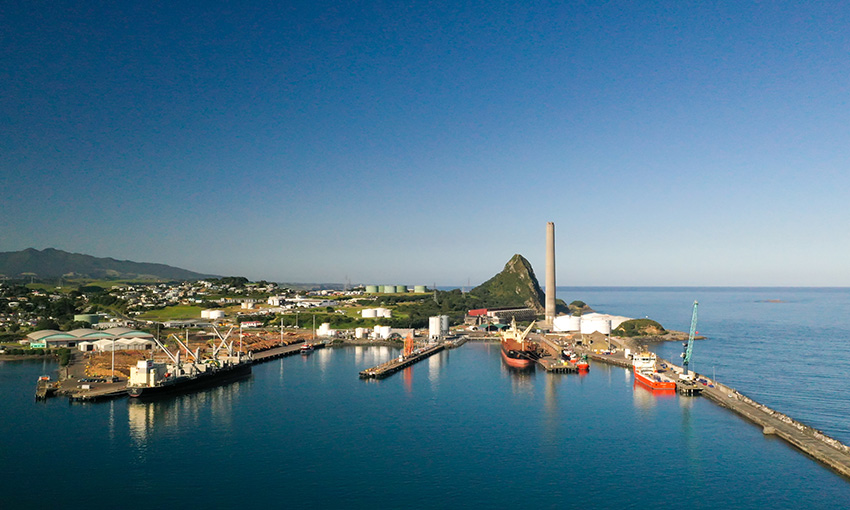THE Swire Group’s Pacifica Shipping is set to withdraw one of two NZ coastal container ships thanks to difficult economic and operating conditions.
The Maritime Union of New Zealand last night said the expected loss of the 1304 TEU Takutai Chief, along with 12 seafaring jobs “threatens the resilience of our supply chain”. DCN understands there are likely to be shore-based redundancies too.
MUNZ national secretary Carl Findlay last night [29 July] said the union accepted the reasons given for the Swire/Pacifica decision, including current poor economic conditions and service changes by international lines reducing feeder volumes.
“Nonetheless, this is a major blow to New Zealand shipping and our maritime workforce, and reduces the resilience and future security of our supply chain,” he said.
Swire Shipping’s NZ country manager Alistair Skingley today said the transport sector in New Zealand was facing a number of serious challenges.
“Whilst a decision has yet to be made on the future of Takutai Chief, a proposal to withdraw the vessel from service is currently under consultation.
“As NZ’s leading coastal shipping operator and domestic cargo carrier for nearly 40 years, we remain strong advocates for the role of coastal shipping in building a sustainable and resilient domestic supply chain,” Mr Skingley said.
“We are committed to work with the relevant authorities and our partners to develop solutions that cater to the long-term needs of our domestic customers and the feeder requirements of international container operators.”
As Lihir Chief the vessel had been employed on charter in Swire’s Australia-PNG/Solomons service until it was acquired outright in August 2022 and refitted for NZ deployment. As Takutai Chief it was introduced in September 2022, joining the similar-sized Moana Chief, with both vessels having their crane booms removed to aid ease of handling at container terminals.
Pacifica has since tried any number of combinations and frequencies of port calls in order to meet the needs of local shippers and the coastal feeder requirements of global operators.
MUNZ’s Mr Findlay said Pacifica had shown an ongoing commitment to NZ coastal shipping.
“Coastal shipping offers a low emission transport mode, and reduces congestion and wear on roads.
“The situation reflects a larger crisis within the NZ maritime industry where there is a lack of stability due to failure in strategic policy,” he said.
Mr Findlay says the dependence of NZ on overseas shipping was a major problem during COVID with serious disruptions when overseas shipping calls were delayed or dropped.
Skilled NZ seafarers would leave the industry for opportunities in Australia, with an ageing workforce seeing a large number of seafarers retiring in the near future.
Mr Findlay said the uncertainty around the future of Interislander ferries was another aspect of the ongoing crisis in New Zealand shipping.
“Despite being a maritime trading nation, NZ has no clear strategy for a sustainable shipping industry, which leaves us exposed and vulnerable in a volatile global market.
“New Zealand needs to build its coastal shipping capacity, with New Zealand owned, operated and crewed ships.”





